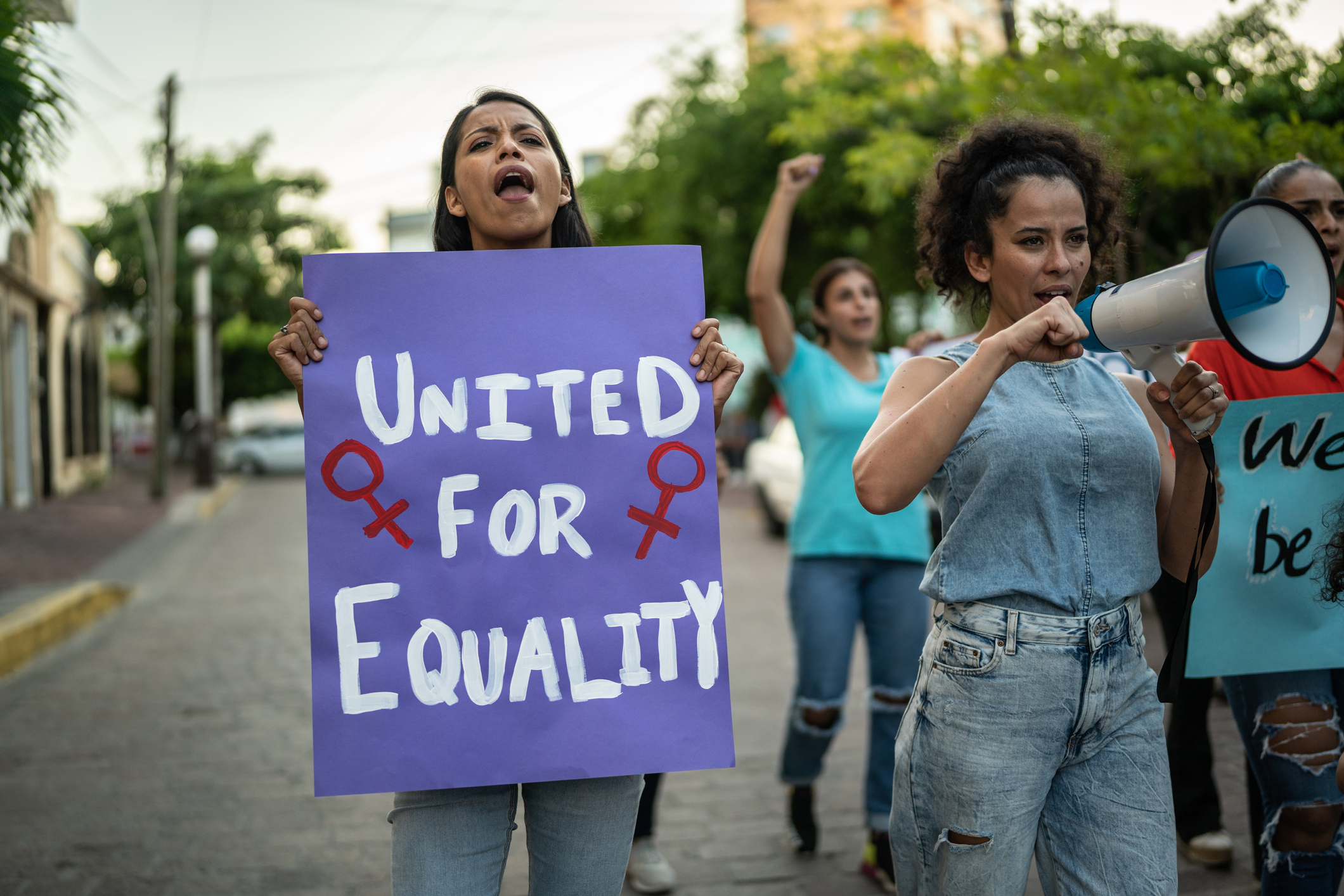March 5 2024
March 8 is International Women’s Day (IWD) and is a global day celebrating the social, economic, cultural, and political achievements of women. The day also marks a call to action for accelerating achieving gender equality. This IWD, the National Union of Public and General Employees (NUPGE) is highlighting the economic issues that women and those identifying as women are facing. Although all Canadians are feeling the impact of inflation, including the staggering increases in the cost of food and housing, the reality is that for those that were already facing inequalities, the impact is compounded.
Pink taxing
In the past two years, personal products like deodorant, shampoo and toothpaste have increased 30%. This is having a real effect on all Canadians, however, for women and those identifying as women the impact is compounded by the issue of the Pink Tax wherein many goods and services marketed specifically to women are priced higher than similar goods and services marketed to men. The Pink Tax is a term used to describe this phenomenon of gender-based pricing that discriminates against women. Although there is no definite tax on these products, many consider the price discrepancy a form of tax. This disparity is found across a wide range of products, including hygiene products, clothing, school supplies, health care products, children’s toys, health care products for seniors, services such as dry cleaning or haircuts, and financial products.
Adding a gender-based price discrepancy results in women facing an even bigger struggle to meet their basic needs and those of their families. For women who are Black, Indigenous, persons of colour, persons living with disabilities, immigrants or refugees, precariously employed, and 2SLGBTQIA+ — who already experience higher economic insecurity—these pricing discrepancies cut even deeper into their already limited budgets.
NUPGE has recently issued a paper on the issue entitled The Pink Tax Phenomenon: The Cost of Being a Women. The paper stresses that it is abhorrent that women and those identifying as women are subjected to gender-based pricing discrepancies. Women in Canada already face a pay-equity issue: Statistics Canada notes that women still only make between 75 and 85 cents for every dollar made by men. This wage gap is even higher for Indigenous women, Black women, women of colour, and women with disabilities.
High cost of menstruation
Added to this list is the cost associated with having a menstrual cycle. People who menstruate spend a great deal of money on the products they need, like tampons, pads, liners, and menstrual cups. And due to inflation, these costs continue to increase.
Some people simply can’t afford to buy these products or in sufficient quantities. This is referred to as period poverty. For women, girls, gender-diverse people, and Indigenous people who are living in poverty, in domestic violence shelters, living with disabilities, or experiencing homelessness, the cost of these products can mean that they are forced to choose between food and their health or wellbeing. The Statistics Canada’s Consumer Price Index indicates that the cost of personal hygiene products such as menstrual supplies has increased 6.2% over the last year.
NUPGE’s publication Period Poverty in Canada called on all levels of government to create poverty reduction strategies to help reduce the cost burden. This would include providing free menstrual products in schools, shelters, community centres and other public buildings in bathrooms available to both sexes to allow transgender and non-binary people to have access as well. Governments need to create menstrual-leave policies wherein women are allowed to take paid leave during their period.
As we recognize International Women’s Day, we must note that it is time for these discriminatory actions against women and those identifying as women to end. Items such as menstrual products are not a privilege or a luxury; they are a human rights issue! It is time for Canada to move to a twenty-first century response to issues regarding women and those identifying as women.

